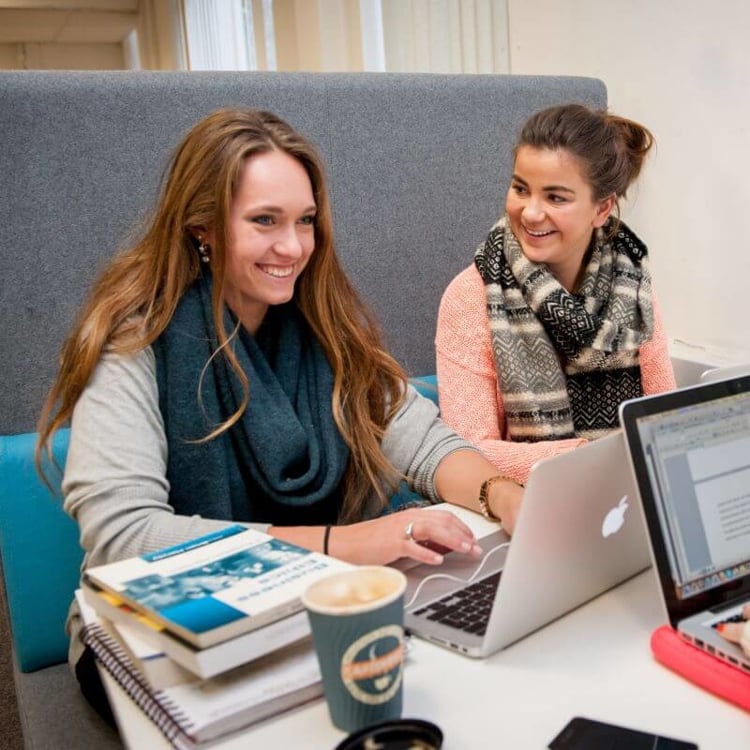/ Foundation /
Start date:
September 2025
January 2026
Entry tariff:
Foundation Year: 64–80 UCAS points (or equivalent)
UCAS code:
HJFS
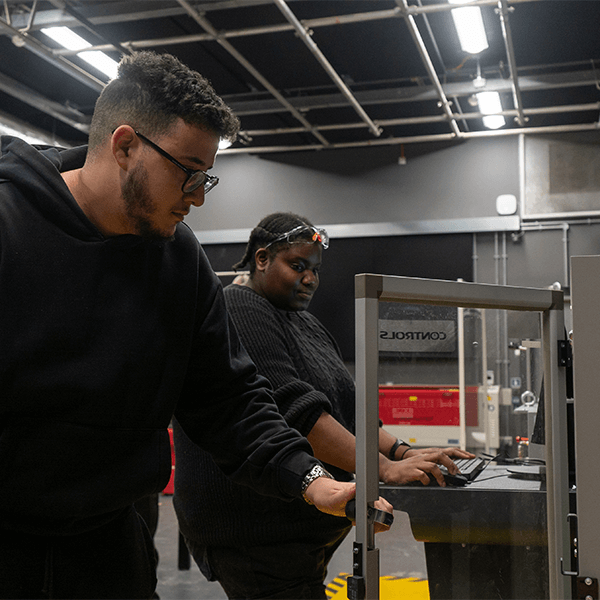
Get ready to succeed in your engineering degree, and learn core academic and professional skills, while also developing your English language skills.
Did you know
You will develop your English language skills and gain the academic skills and engineering knowledge you need for your chosen undergraduate degree.
Top 3 modern university in London
(Complete University Guide 2025)

Ranked in the top 15% in the world
Times Higher Education Young University Rankings 2024

#8 in England for undergraduate student satisfaction
National Student Survey 2024

Modules
30 credits
You will develop your core academic and integrated English language skills of speaking, listening, reading and writing. You will become familiar with key academic skills and concepts, such as referencing methods and awareness of academic integrity and tone. You will apply these skills and knowledge to both broad topics and also your chosen subject pathway.
Teaching and Learning
You will be required to actively engage in on-campus learning for up to 10 hours a week.
You will be taught through a full range of teaching and learning methods, which include lectures, seminars, workshops, discussion groups, group directed tasks and presentations. This will enable you to learn from your peers and tutors in both structured and information settings.
You will be encouraged to think creatively about your approach to learning and discussions with your peers. You will also have access to recordings, resources, links and signposting through Moodle to enrich your learning.
Assessment
You will be assessed through group and individual presentations, comparative and reflective essays, multiple choice exams, coursework and reports, oral exams, portfolios, case studies and blogs.
30 credits
You will develop your research, numeracy and information technology skills. You will investigate the difference between primary and secondary research, conduct your own research project and demonstrate your findings through data analysis. You will also develop your awareness of equality, diversion and inclusion in the UK, through a real-world issue; discrimination in the workplace.
Teaching and learning
You will be required to actively engage in on-campus learning for up to 10 hours a week.
You will be taught through a full range of teaching and learning methods, which include lectures, seminars, workshops, discussion groups, group directed tasks and presentations. This will enable you to learn from your peers and tutors in both structured and information settings.
You will be encouraged to think creatively about your approach to learning and discussions with your peers. You will also have access to recordings, resources, links and signposting through Moodle to enrich your learning.
Assessment
You will be assessed through group and individual presentations, comparative and reflective essays, multiple choice exams, coursework and reports, oral exams, portfolios, case studies and blogs.
30 credits
This module is designed to provide a comprehensive introduction to the essential concepts, skills, and knowledge required for a successful career in the built environment. You will explore a wide range of topics that lay the groundwork for further study and professional development in fields such as Civil Engineering, Architecture, Construction Management, Architectural Technology and surveying, among others.
Teaching and learning
This module employs a variety of learning methods to enhance understanding and engagement, which includes lectures, interactive workshops, case studies, practical exercises and field trips, group discussions, guest speakers and digital learning.
The teaching delivery for each module consists of one, one-three-hour lecture and one, two-hour seminar per week. Lectures will cover core indicative content, while seminars will consist of research workshops, as well as small group learning on relevant case studies.
Seminars will also be used to provide practical observation opportunities (or simulated observations) for you to reflect upon implementation of policies and professional skills.
You will also have an additional 30 minutes of online support each week to develop your communication skills as well as providing you with opportunities to explore wider practices.
Assessment
This module will be assessed using a report and a presentation.
60% - written report, on a clear assessment brief.
40% - individual presentation, which will be peer, and tutor assessed for the quality of the presentation and response to questions.
30 credits
This module provides a comprehensive exploration of various aspects crucial to the basic understanding of designing and managing the built environment effectively. From foundational principles to cutting-edge innovations, this module aims to equip you with the knowledge and skills necessary to navigate the broad built environment sector.
Teaching and learning
This module employs a variety of learning methods to enhance understanding and engagement, which includes lectures, interactive workshops, case studies, practical exercises and field trips, group discussions, guest speakers and digital learning.
The teaching delivery for each module consists of one, one-three-hour lecture and one, two-hour seminar per week. Lectures will cover core indicative content, while seminars will consist of research workshops, as well as small group learning on relevant case studies.
Seminars will also be used to provide practical observation opportunities (or simulated observations) for you to reflect upon implementation of policies and professional skills.
You will also have an additional 30 minutes of online support each week to develop your communication skills as well as providing you with opportunities to explore wider practices.
Assessment
This module will be assessed using a report and a presentation.
60% - written report, on a clear assessment brief.
40% - group presentation, which will be peer, and tutor assessed for the quality of the presentation and response to questions.
These modules are those we currently offer and may be subject to change.

Skills
Gain the skills that matter most to employers.
You will develop your English language and academic skills (speaking, listening, reading, and writing) and gain a basic understanding of using English for academic purposes and a thorough grounding in academic study skills, such as essay structure, exam technique, referencing, journal and library research.
You will explore a number of broad themes, in terms of the context of the built environment, which include the:
- Design, construction and use of buildings and the surrounding infrastructure
- Structure and nature of the industry
- Ethical considerations
- Commercial and financial issues
- Professional roles and responsibilities
- Legislation
- Sustainability and carbon emissions
Learning
You’ll be taught via lectures, seminars and workshops by our passionate and committed academic staff.
Project-based learning will give you the practical experience of working in engineering.
You’ll have regular contact with your academic guidance tutor to help you develop as well as face-to-face and online careers and study support.


Professor Stephen Pretlove
Hello, I am Stephen Pretlove, Director of Sustainable Engineering, and I have been at Roehampton since July 2023. I have an educational background in construction, engineering, architecture and environmental design, and I have worked as an academic for over 30 years in a number of large built environment departments across the UK.
My role at Roehampton is to lead on the development of our new sustainable engineering and technology centre, and to establish and deliver a suite of innovative engineering and built environment programmes, focusing on sustainability, green skills, and meeting the zero carbon targets set by the UK government.
My research focuses on sustainability in the built environment, and the need to take a holistic approach to how buildings are designed, how they are constructed, and how they are occupied. Failure in any of these areas results in buildings that are not sustainable and much of my work involves Post Occupancy Evaluation (POE) of buildings, particularly social housing, to evaluate how a building performs in relation to the design intentions.

Lilian Martins da Silva
Hello, I am Lilian Martins da Silva and I have been at Roehampton since January 2024. I have a background in architecture and sustainable building technology, I have been practicing both for over 20 years in Brazil and in the UK. I have been responsible for delivering environmental design solutions towards net zero, working with design teams to provide innovative solutions at all design and planning stages in a challenging and fast-moving market. I have experience of working on a wide range of projects where I have integrated technical analysis and environmental policies into coherent recommendations and developed a strong consultative and client service approach. My areas of expertise include architecturally driven whole-life carbon strategies, environmental design, low-energy building design, daylight and thermal modelling, planning, and environmental certifications (BREEAM, LEED, and WELL).
I am a chartered engineer in the UK and a chartered member of CIBSE and a LEED educational programme reviewer. My role at Roehampton is to integrate sustainability into teaching to enable students to work on projects with real case scenarios.
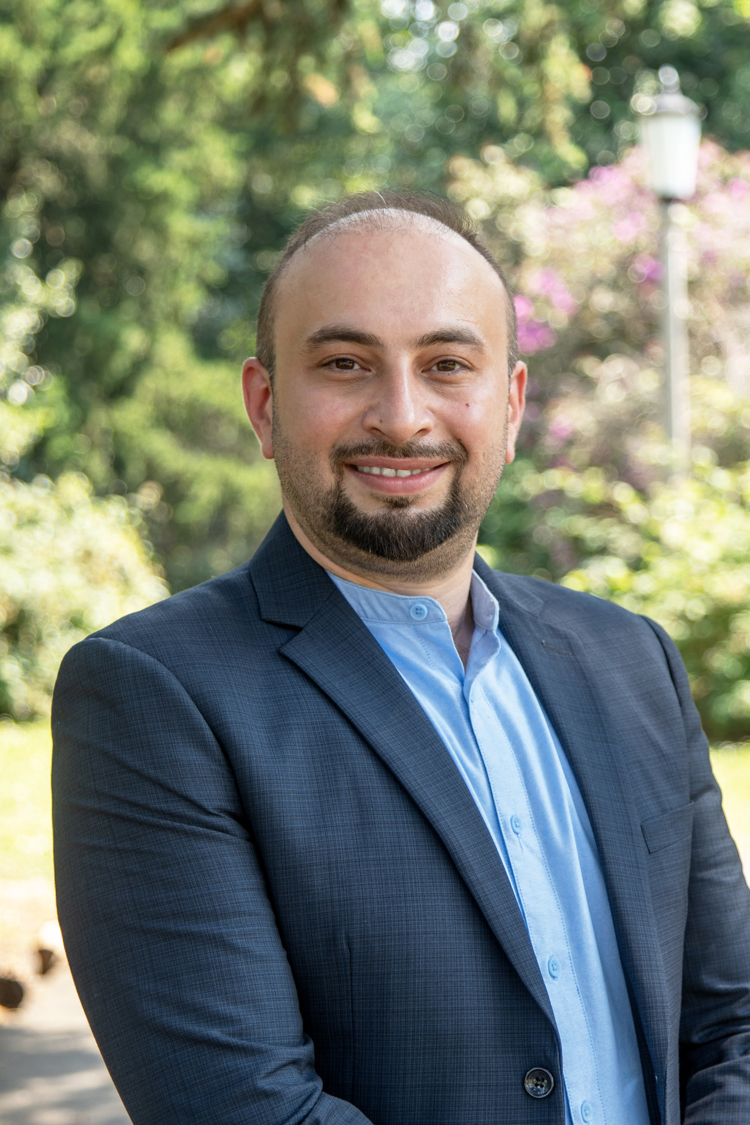
Mohanad Abobakr
Hello, I am Mohanad Abobakr, and I have been at Roehampton since June 2024. With a background in architecture, Façade Design and Construction, I have over a decade of experience as a healthcare architect and lecturer. My work has spanned globally, focusing on designing healthcare facilities such as hospitals, medical facilities, and various healthcare environments, where I have managed design and construction processes to foster a conducive environment for healing and well-being. This involves overseeing the construction of critical spaces in healthcare facilities and ensuring compliance with international standards.
In academia, I bring this real-world experience to the classroom, enriching students' learning with practical insights from my extensive project portfolio. My research is dedicated to integrating sustainable design principles into healthcare environments, in alignment with the United Nations Sustainable Development Goals. I explore innovative solutions, particularly in hygienic surface materials, to enhance infection control while minimizing environmental impact.
At Roehampton, my role is to infuse sustainability into teaching and learning, empowering students to confront real-world challenges head-on. Together, we are paving a path towards a greener, more resilient future.
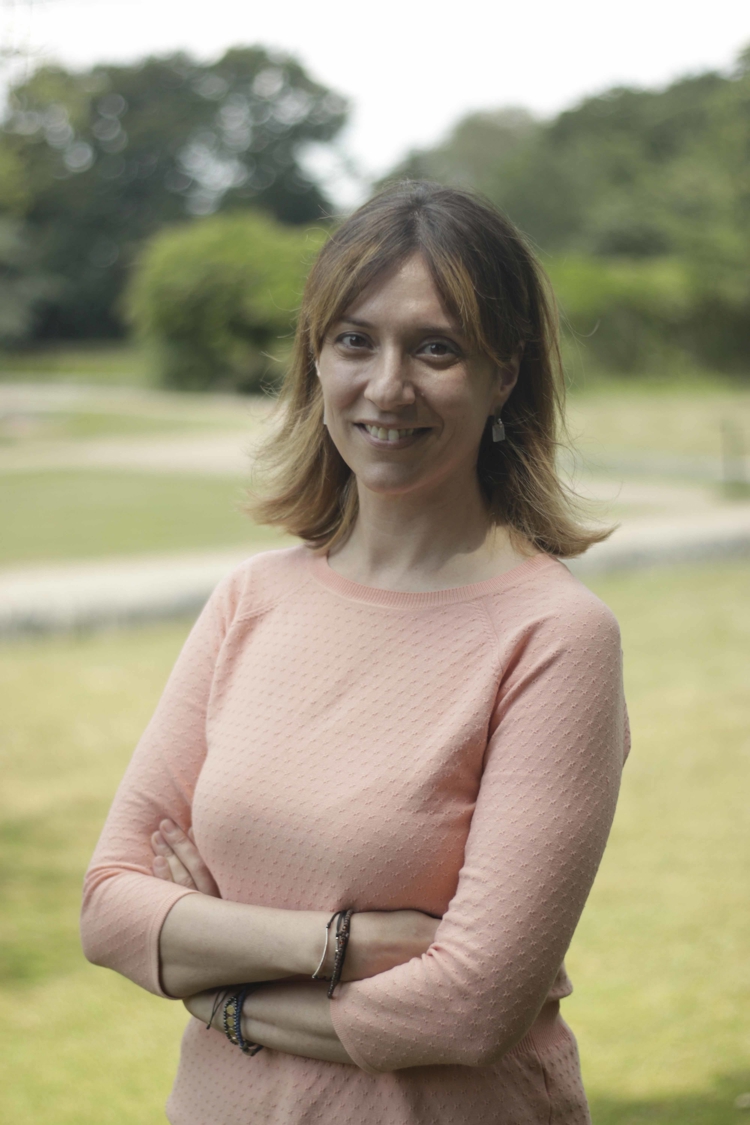
Ourania Tsioulou
Hello, I’m Ourania Tsioulou, Senior Lecturer in Civil Engineering and I have been at Roehampton since July 2024. I am a civil Engineer, and I have extensive academic experience for over 10 years in various civil engineering departments across the UK.
My main research interests bridge the areas of rehabilitation and strengthening of existing structures, and the development of novel sustainable construction materials, with particular interest in a) replacement of cement with waste materials such as Pulverized Fuel Ash and b) replacement of aggregates with recycled materials such as recycled concrete, glass or rubber.
My role in Roehampton is to motivate students and ensure they gain the knowledge and develop the skills to investigate, define, and solve real world problems, identifying any constraints including structural, environmental and sustainability limitations, ethical, health and safety issues. My teaching is strongly linked with industrial experts and laboratory based activities, which enable students to visualize, understand and apply complex aspects of civil engineering discipline.
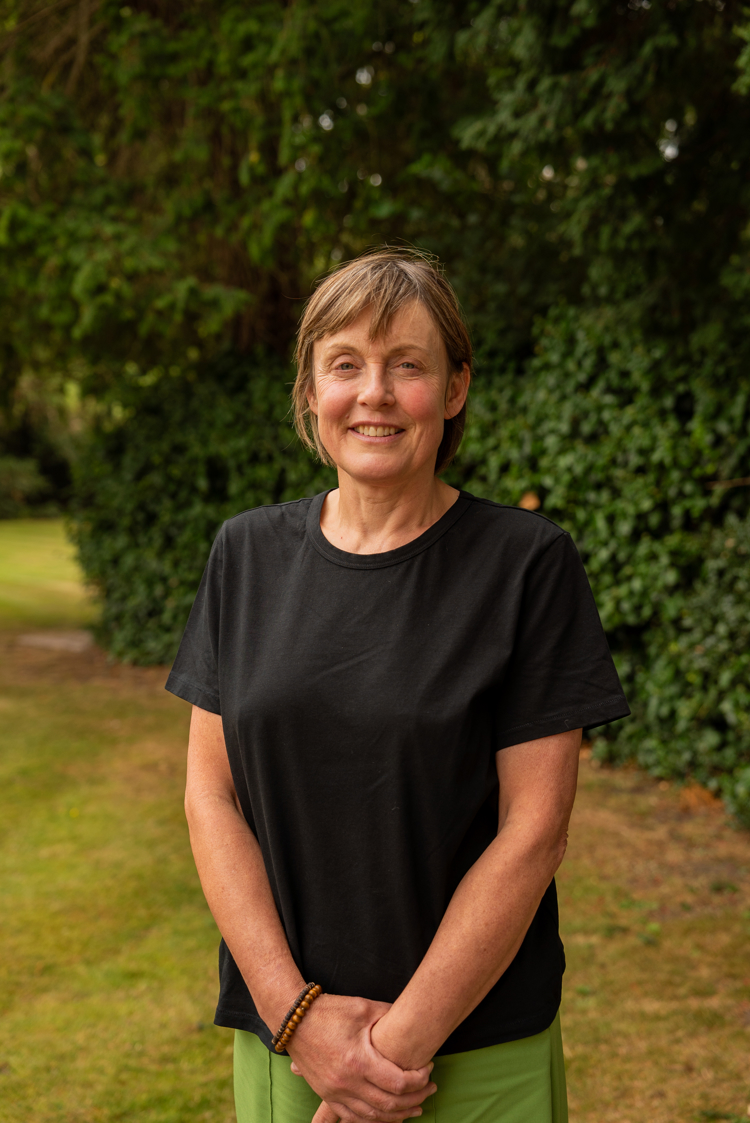
Jane Ballantyne
Hello. I am Jane Ballantyne, and I have been at Roehampton since July 2024. I worked in private practice in London for over 20 years before moving into higher education a few years ago. I am a Chartered Building Surveyor and a Fellow of the Royal Institution of Chartered Surveyors (FRICS).
My main expertise is with existing buildings, in particular refurbishment, adaption and retrofitting; and building pathology which involves recognising and diagnosing defects, proposing solutions and implementing these. I hope to inspire students to appreciate the existing built environment which has a huge role to play in sustaining our future; from the social capital generated by historic buildings and the use of traditional building materials; to retrofitting buildings to reduce carbon emissions and adapting them to be more climate resilient. I am particularly interested in building conservation and retrofitting of traditional buildings.
I bring my experience into my teaching, using authentic assessments and problem based learning, for students to develop the key skills they need in the workplace.
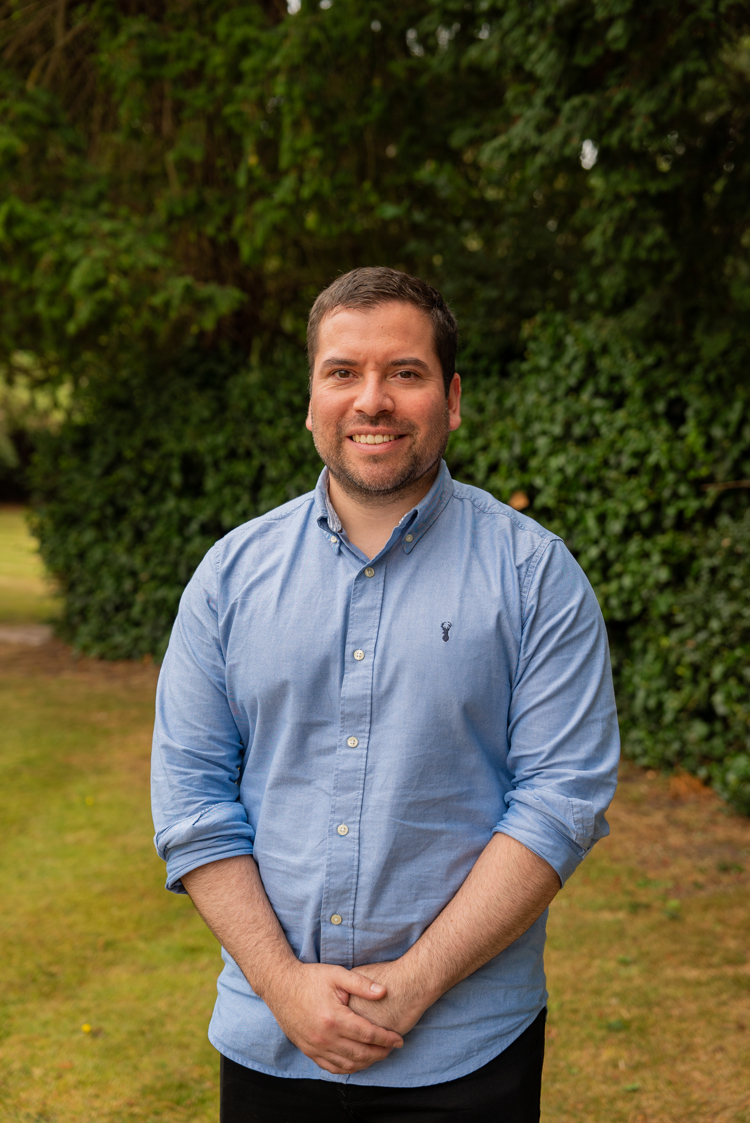
Felipe Mellado
Hello, I am Felipe Mellado, and I have been at Roehampton since August 2024. I worked in industry for a few years before moving to academia in 2015. I am a Construction engineer with an MSc in Construction management and a PhD in Civil Engineering (Construction Management).
My main expertise is in managing construction projects, sustainability, and innovation. I am eager to help students realise their potential and inspire them to significantly impact the built environment sector. Individual contributions can play a huge role in the country's economy, creating jobs and infrastructure for other industries.
I am particularly interested in sustainability in the built environment and construction management's role in reaching industry targets. I bring my experience into my teaching, using real-world examples and scenarios to prepare students for the challenges the industry faces.
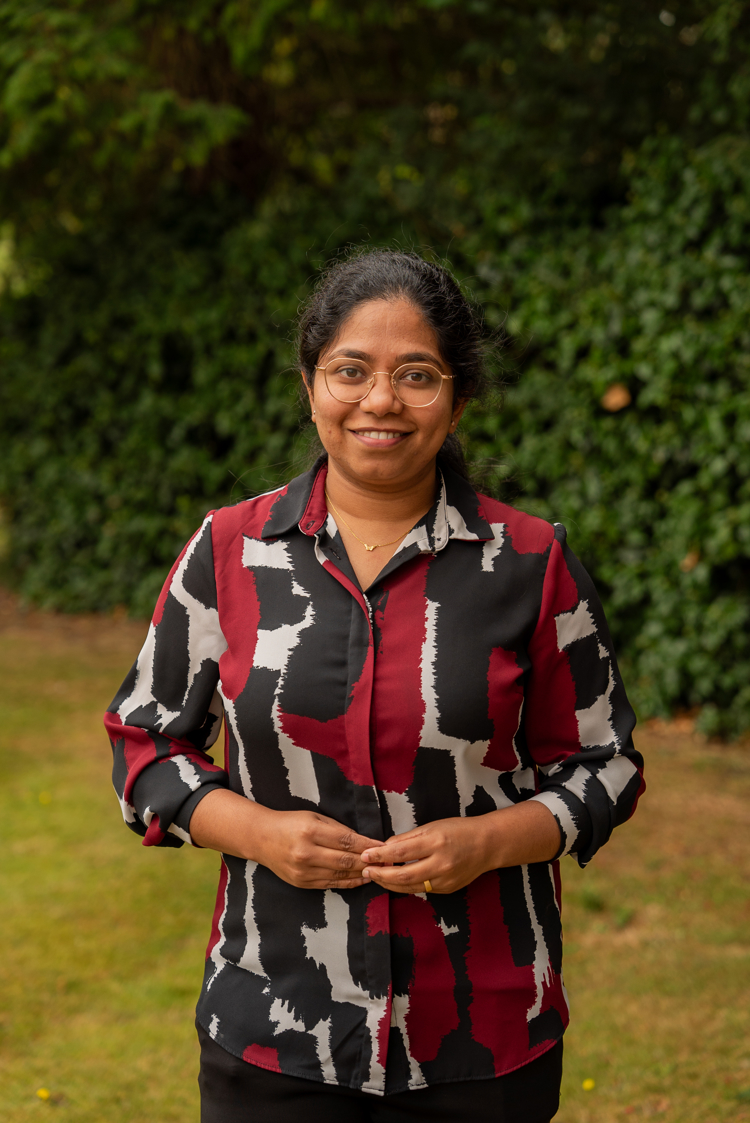
Thadshajini Suntharalingam
Hello, I am Thadshajini Suntharalingam, Senior Lecturer in Civil Engineering, and I have been at Roehampton University since August 2024. My work has been largely focused on academia and I have academic and research experience for over 5 years in various civil engineering departments across the UK.
My expertise lies in advancing low-carbon concrete, 3D printed concrete structures, modular construction systems, and overall sustainability. My research is dedicated to developing innovative solutions for reducing the environmental impact of construction, including the optimization of 3D printing technology for concrete structures and exploring low-carbon and recycled materials.
At Roehampton, my focus is on preparing students to meet the complex challenges of the construction industry, with a particular emphasis on sustainable engineering practices. I aim to provide experiential, hands-on practice through teaching that bridges theory with real-world application. Also to create a learning environment where students develop practical skills and insights to address future challenges in a rapidly evolving field and contribute to innovative, sustainable engineering solutions.

Well-being Pawfficer
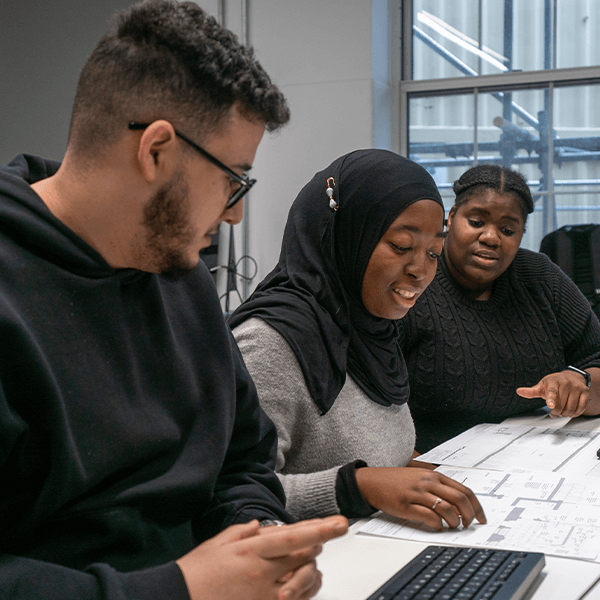
Assessment
Benefit from assessments that prepare you for life beyond university.
You’ll experience a wide range of assessments that enhance your understanding, explore ideas in depth and express your creativity.
This includes:
- Coursework
- Reports
- Essays
Degree pathways
Once you’ve completed your IFP, you can progress onto your chosen undergraduate degree here at Roehampton.
Courses include:
Our careers support team is available to support you from the start of your studies. They will help you build your CV, prepare for interviews, and meet and learn from successful graduates working at the top of their careers.

Open days
Get a real taste of our campus, community and what it’s like to study at Roehampton
Applying
International undergraduate students apply through our direct application system.
Course subject to curriculum enhancement and revalidation.
Specific entry tariff
- IELTS: 4.5 / 5.0 / 5.5
- UCAS International Equivalents (64 entry tariff)
- 5 GCSE / GCSE passes at grade C/4 or in an international equivalent
Looking to work out your UCAS points or find out about our entry requirements? Find out more.
When we consider applications to study with us, we form a complete view of your achievements to date, and future potential, and can offer flexibility in entry requirements. Find out more about our Contextual Offer scheme.
General entry requirements
September 2025 entry tuition fees (international)
International Foundation Pathway: Certificate of Higher Education: £16,950



